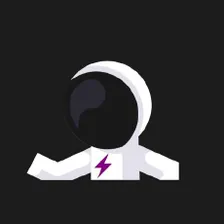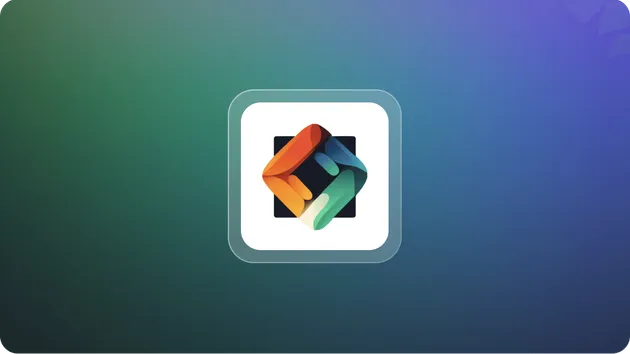Website Media Scraper
Pricing
$8.00/month + usage
Website Media Scraper
The Website Media scraper extracts all media files, i.e images, videos, audio, and other related media elements, from multiple websites. It then provides the corresponding descriptions or the alt="" content. You'll need to use proxies to run this actor for some websites with bot blocking features.
0.0 (0)
Pricing
$8.00/month + usage
6
Total users
159
Monthly users
11
Runs succeeded
>99%
Last modified
2 days ago
You can access the Website Media Scraper programmatically from your own applications by using the Apify API. You can also choose the language preference from below. To use the Apify API, you’ll need an Apify account and your API token, found in Integrations settings in Apify Console.
{ "mcpServers": { "local-actors-mcp-server": { "command": "npx", "args": [ "-y", "@apify/actors-mcp-server", "--actors", "aweworkz/website-media-scraper" ], "env": { "APIFY_TOKEN": "<YOUR_API_TOKEN>" } } }}Configure MCP server with Website Media Scraper
You can interact with the MCP server via standard input/output - stdio (as shown above), which is ideal for local integrations and command-line tools such as the Claude desktop client, or you can interact with the server through Server-Sent Events (SSE) to send messages and receive responses, which looks as follows:
{ "mcpServers": { "remote-actors-mcp-server": { "type": "sse", "url": "https://mcp.apify.com/sse?actors=aweworkz/website-media-scraper", "headers": { "Authorization": "Bearer <YOUR_API_TOKEN>" } } }}You can connect to the Apify MCP Server using clients like Tester MCP Client, or any other supported MCP client of your choice.
If you want to learn more about our Apify MCP implementation, check out our MCP documentation. To learn more about the Model Context Protocol in general, refer to the official MCP documentation or read our blog post.



